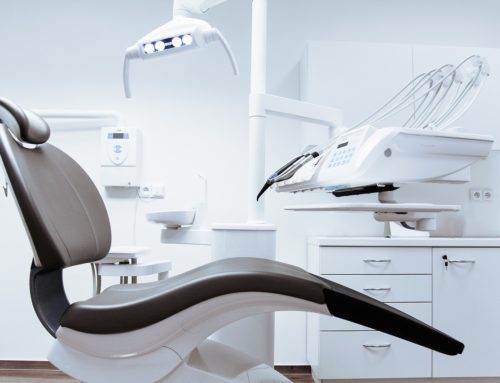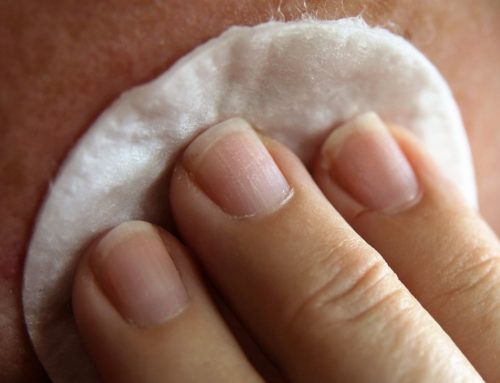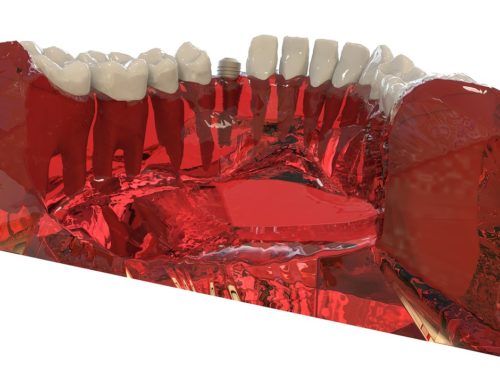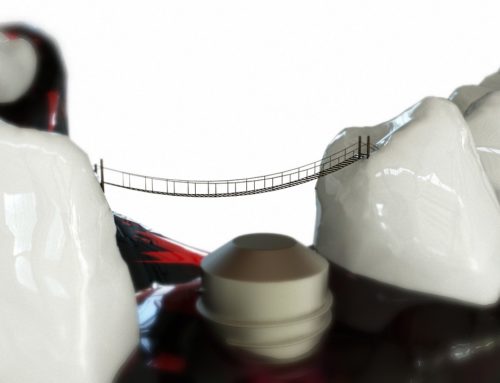As if the emotional toil isn’t enough, now life stress is stripping you off your mane, too. Perhaps they are coming off in clumps after you brush. You see lots of them on your pillow and on the shower floor too. This massive shedding has been going on for weeks now and you’re grief-stricken by the thought of going bald for life. But have you ever looked into how exactly this process occurs?
Under severe stress, the body reserves its nutrients for use of the more vital organs. Hair is not as essential, so deprived of the necessary ‘supplies’, the hair follicles cease production. As soon as the body stops supporting the hair follicles, the strand now enters into an early resting state (telogen phase). At any given time, about 85% of the hair is in the growth stage. A premature interruption causes a significant amount of hair to stop growing altogether, a condition called Telogen Effluvium. However, according to a hair restoration expert from Bala Cynwyd, hair loss isn’t evident until after 2-4 months from the time the body experiences the ‘shock’, when the strands begin to fall out in great numbers. Fortunately in this case, the hair can still regrow months after provided no more additional stress is experienced.
Stress is also associated with a certain behavioral disorder wherein the affected individual plucks strands of their hair unconsciously and often does it when feeling uneasy. Strands may be broken at a length, but others pull to the point of rooting them out of the bulb and may even do this deliberately. Repeated pulling is known to damage and destroy hair follicles over time, which in turn triggers permanent scarring, preventing hair regrowth permanently.
Another way stress can wreak havoc on your mane is through the changes in the body’s hormonal levels. The Dihydrotestosterone (DHT), derived from testosterone, in high amounts is capable of killing hair follicles in the scalp. According to the AmericanHairLoss.org, it binds with receptors in the scalp follicles, shrinking it in the process and making it less likely for a healthy hair to survive by shortening the growth cycle. This explains why men tend to experience premature balding more than females, although the latter are not entirely immune from this type of androgenetic balding, too.
As it’s always said, prevention is better than cure. Genetic factors aside, how your body responds to stress is also largely influenced by the food you eat, the medicine you take, the amount of sleep you take and many more. In case balding becomes permanent, hope is still not lost. Philadephia-based Dr.Anthony Farole offers hair restoration treatment to help you gain back both your hair and your confidence.
Take the Next Step
Want to learn if a Hair Restoration is right for you? Schedule a consultation at Dr. Farole’s Facial Cosmetic Surgery Center in Bala Cynwyd, PA by giving us a call at (610) 668-3300 today.
Source:
5 Habits That Are Making You Lose Hair, HuffingtonPost.com
Causes of Hair Loss, AmericanHairLoss.org






